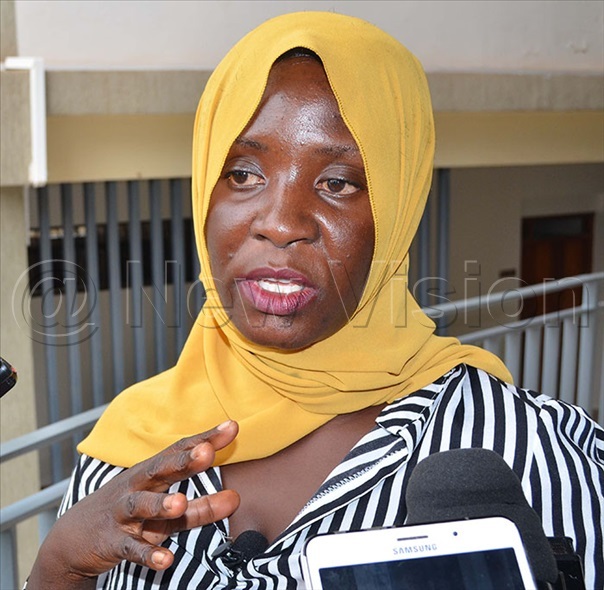COVID-19 stress led to menstrual changes - Survey
The study highlighted that 35% of the respondents had changed in their menstruation and this was mainly due to higher levels of stress caused by the pandemic.
HEALTH|COVID-19|MENSTRATION
Covid-19 pandemic has had some impact on girls and women in Uganda, this is according to the preliminary findings of the rapid assessment done in six districts.
The study highlighted that 35% of the respondents had changed in their menstruation and this was mainly due to higher levels of stress caused by the pandemic.
According to the survey, 12% of the respondents knew someone or experienced themselves restrictions of using household finances to purchase Menstrual Health Management (MHM) products.
So they had to use clothes, blankets, rags, or cotton.
The survey on the impact of Covid-19 on menstruating women and girls in Uganda was conducted from 19th to 24th May by Womena Uganda in collaboration with WoMena's knowledge management team.
Speaking during the release of the findings, the project manager, Shamira Nakalema said, the objective of the survey was to understand the impact of Covid-19 on menstruation status and practices, gender-based violence, water, sanitation and hygiene status, and MHM products accessibility to markets among others.
A total of 65 participated in the survey which was done in districts of Kampala, Buikwe, Gulu, Adjumani, Kyegegwa (Kyaka II refugee settlement), and Kikuube (Kyangwali refugee settlement).

The survey revealed that 72% of the respondents reported that there was an increase in the price of disposable pads in markets, stores, and pharmacies from sh3,000 to sh35,00 or sh4,000.
Those using menstrual cups however reported more positive feedback in terms of accessing MHM products and on managing their periods during the pandemic.
The survey further revealed that menstrual cups save money, takes less water for cleaning and it reduces the stress of needing to buy MHM products or asking someone for financial support.
Nakalema said the advantage of the Bfree-cup (menstrual cup) is that a person can dispose of it after 5 or 10 years depending on the usage, unlike the disposable pads.
Jean Odonga, a satisfied user from Adjumani district said a menstrual cup is user friendly and does not cause burning irritation.
She added that it is environmentally friendly because it is disposed of after 10 years compared to disposable pads.
The survey noted that due to Covid-19, respondents reported that they wash their hands and clean their homes more often. They also prepared soap and water for visitors and children.
"As there is an increased use of water and soap, some households need to pass a long distance to fetch water which poses challenges and affects their usual hygiene practices," the report reveals.
The survey also highlighted that majority of the participants indicated restrictions to carry out livelihood activities and chain household income due to Covid-19.